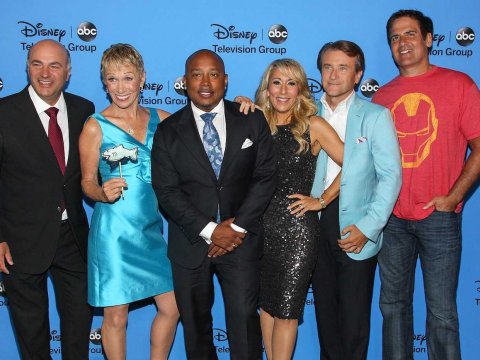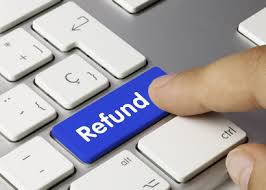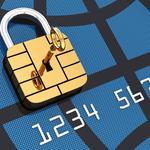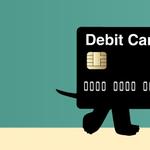
Kevin O’Leary warns that you must be prepared for financial downs.
Keep 10 percent of your total assets in cash. Three basic investing rules include: Never put more than 5 percent of your money in one stock or more than 20 percent in one sector such as energy. Do put 50 percent of your investments in dividend-paying stocks and 50 percent in interest-bearing bonds. Over the past 40 years, 71 percent of the returns on Standard and Poors came from dividends, not capital appreciation.
Mark Cuban warns that you must “follow the green, not the dream.”
Too many entrepreneurs focus so closely on their dream that they forget the practicalities. The advice carries over to planning for retirement. To better align the dream with the green, determine your savings; assume you’ll earn 4 to 6 percent on investments; commit to living on the returns and not spending the principal; calculate what that leaves you with annually, monthly and weekly; adjust accordingly.
Cuban suggests some healthy paranoia. Learn to spot “Slick Willies.”
If you are listening to one, take a time out to think things through and then follow your good sense. Long-term, consider every financial activity with caution and the expectation that things could change. Health considerations, for instance.
No deal is better than a bad deal.
Three ways to hone your skills to avoid bad deals: Understand the investment. Keep emotion out of it. Getting emotionally attached to such things as a house can blind you to the realities. Speak the truth, not what others want to hear. In making financial decisions, you are not trying to make friends. Separate the two.
Learn from the past.
Take risks, but do it based on your knowledge of outcomes in similar circumstances over a period of time. Invest in what you know. What companies and products do you love and trust? Build your portfolio around them. Do your homework using the many resources of the Internet. Focus first on recouping your capital, then on how much profit you can make.
Negotiate everything.
Don’t simply accept the fact that utility bills are going up, for instance. Call the provider and see if there is anything you can do to lower your bills. If your financial adviser wants 1.5 percent, offer 1 percent. Negotiate with medical providers, etc. If you don’t get a reduction, you haven’t lost anything by trying.
Listen and keep learning.
Ask the question: “What did I learn from this experience?” Age doesn’t matter. There is always opportunity for learning from what life hands you. More knowledge and wisdom mean more opportunity, according to Shark Robert Herjavec. “It’s just a matter of opening doors and finding it.”



